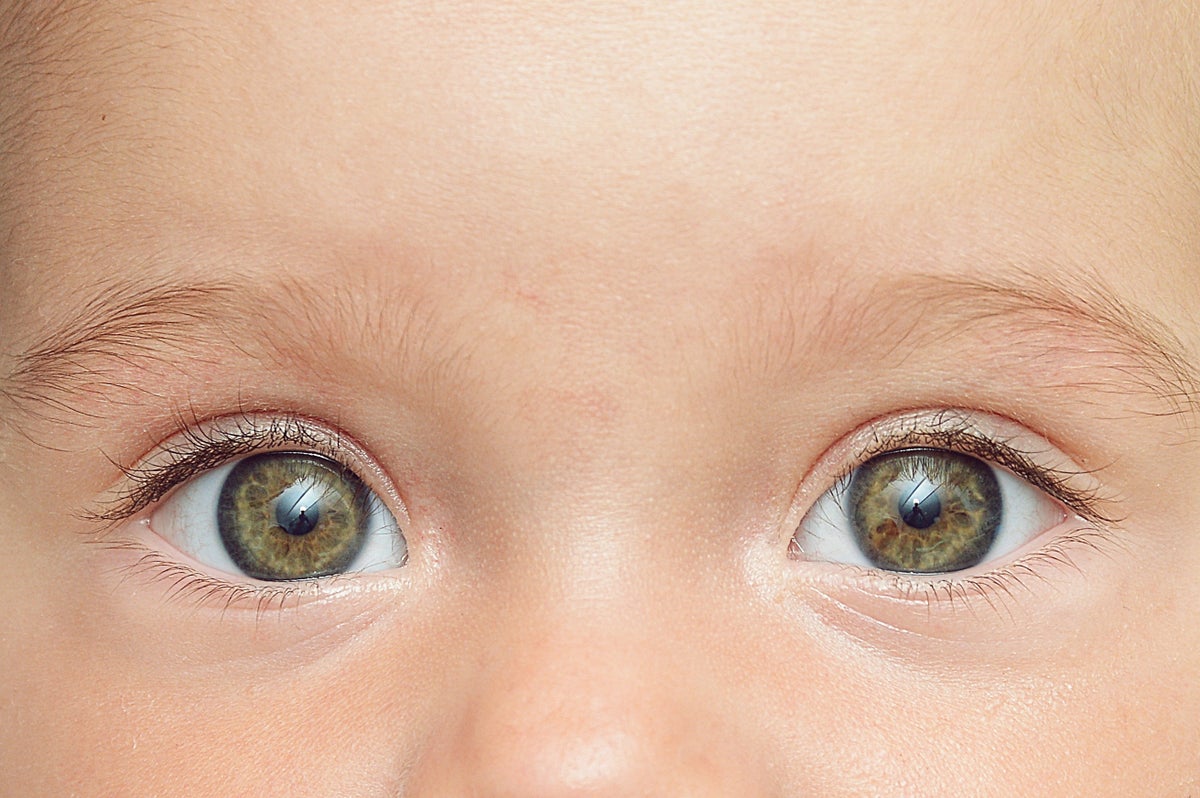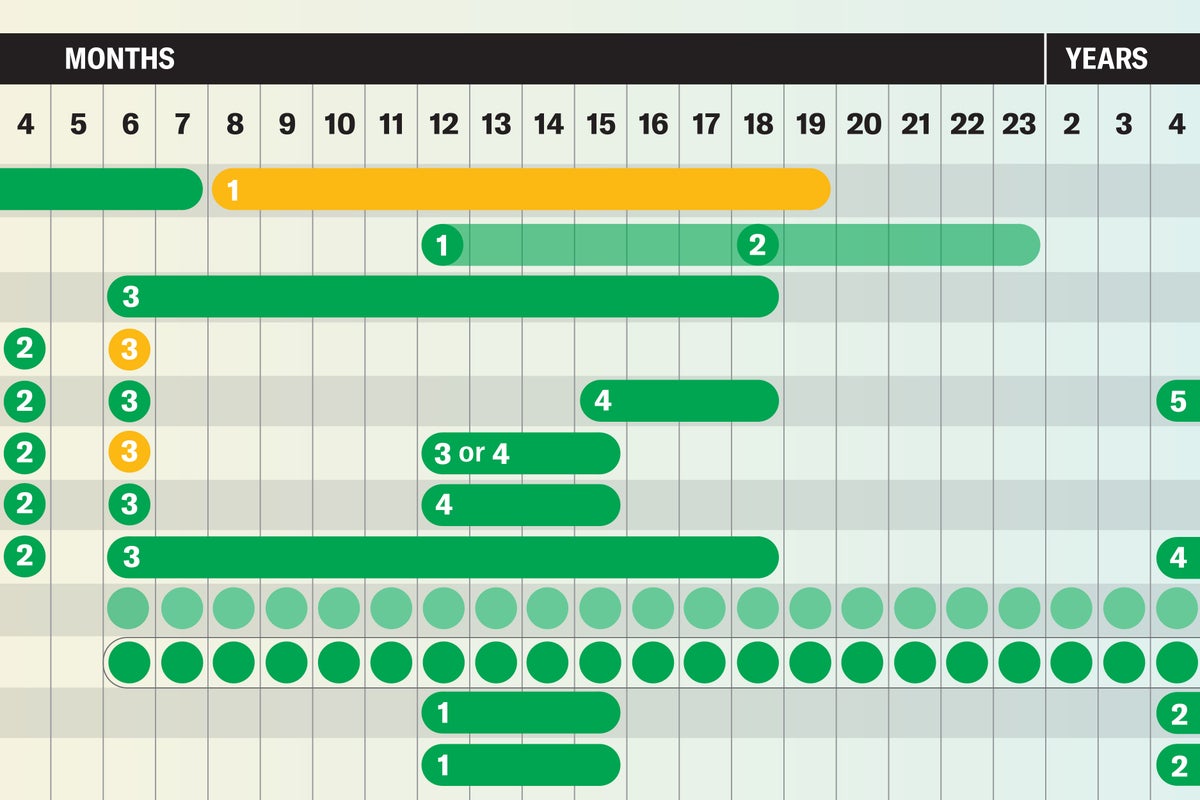Now Reading: When Do Babies Develop Awareness?
-
01
When Do Babies Develop Awareness?
When Do Babies Develop Awareness?

Speedy Summary
- premature infants, like Jeffrey Lawson in 1985, often underwent surgical procedures without anesthesia due to beliefs that they could not experience pain.
- Research over the past two decades has demonstrated that premature babies’ brains react to painful stimuli similarly to adults, indicating they do feel pain.
- Consciousness in infants remains a complex area of study. It is believed to emerge gradually as brain structures and neural networks develop over time.
- Scientific models explore “primary consciousness” (awareness of sensations) versus higher-order consciousness requiring self-reflection and decision-making.
- Studies show early signs of sensory awareness in fetuses and newborns via behaviors such as facial recognition, responding to sounds, and noticing rule violations.
- Brain imaging research identifies patterns resembling adult consciousness, especially small-world architecture and complementary network interplay developing around birth or slightly earlier.
Indian Opinion Analysis
The evolution of scientific understanding regarding infant pain perception and consciousness reflects broader advances in neuroscience. india can benefit from this knowledge particularly through its healthcare policy design-ensuring premature neonates recieve appropriate analgesia during medical procedures could be imperative for ethical medical practices.
Furthermore, this research highlights the importance of global collaborations in understanding infant advancement. As technological methodologies like fetal magnetoencephalography gain traction, opportunities arise for indian researchers to engage with cutting-edge techniques contributing to neonatal care advancements locally.
India’s healthcare disparity underscores an urgent need for sensitization among practitioners about neonatal conscious awareness issues. Implementing findings may foster trust across communities regarding standardization efforts aligning with science-backed policies while improving outcomes for vulnerable populations such as low-birthweight infants.Read More

























